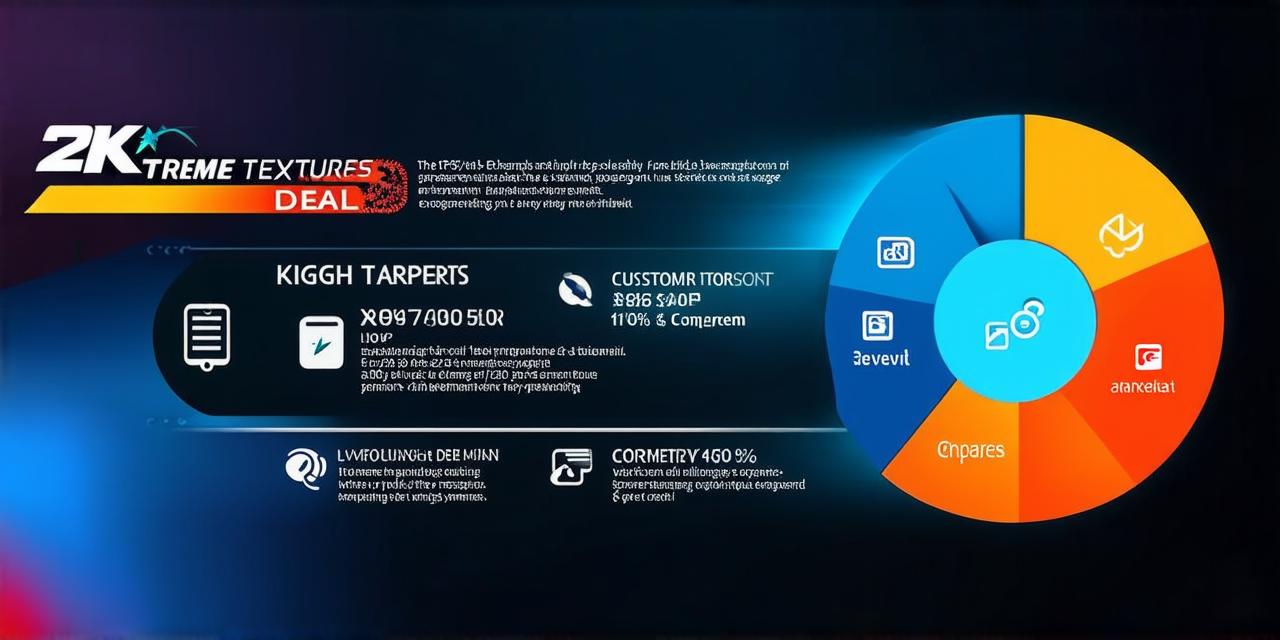Why is mobile app development important for businesses?
The Benefits of Mobile App Development for Businesses
Mobile apps offer a more personalized and interactive experience for customers, allowing them to engage with your brand in real-time. By providing valuable content, exclusive promotions, and other features tailored to their interests, you can create a stronger emotional connection with your customers and foster brand loyalty.
With mobile apps, your business is always just a few taps away from your customers. This increased accessibility makes it easier for customers to make purchases, book appointments, or request information, regardless of their location or time of day.
Mobile apps allow businesses to collect valuable data on customer behavior and preferences, providing insights into how they interact with your brand and products. This data can be used to improve marketing strategies, optimize product offerings, and enhance the overall customer experience.
By having a mobile app, your business can increase its visibility in search engines and other online platforms, making it easier for potential customers to find you when they are searching for products or services related to your industry.
Mobile apps offer cost-effective marketing opportunities for businesses, including push notifications, targeted ads, and in-app promotions. These marketing strategies can help drive traffic to your app and increase conversions at a lower cost than traditional advertising methods.
Real-Life Examples of Successful Mobile App Development for Businesses
The popular coffee chain has successfully leveraged the power of mobile apps to enhance the customer experience and drive revenue growth. Its mobile app allows customers to place orders ahead of time, earn rewards points, and customize their drinks with various options. This personalized approach has helped Starbucks build a loyal customer base and increase sales.
The beauty retailer has developed a mobile app that offers virtual try-on features, personalized product recommendations, and exclusive promotions for its customers. This app has helped Sephora increase sales by providing a more engaging and interactive shopping experience, while also reducing the need for physical samples and returns.
The ride-hailing company’s mobile app has revolutionized the transportation industry by making it easier than ever for people to request rides and track their progress in real-time. This convenience has helped Uber build a loyal customer base and disrupted the traditional taxi industry.
The pizza giant has developed a mobile app that allows customers to order food, track delivery times, and customize their orders with various options. This personalized approach has helped Domino’s increase sales by providing a more convenient and engaging ordering experience for its customers.
The vacation rental platform’s mobile app offers a seamless booking experience, allowing users to search for properties, communicate with hosts, and make payments all in one place. This convenience has helped Airbnb disrupt the traditional hotel industry and become a leading provider of affordable and unique accommodations.
FAQs
What are some common features of successful mobile apps?
Successful mobile apps typically have a clear and intuitive user interface, provide personalized experiences for users, offer valuable content and features, and are regularly updated with new features and bug fixes.
How do I know if my business needs a mobile app?
If your business has a physical location or sells products online, having a mobile app can help you connect with customers in a more personal and engaging way, improve accessibility, enhance data collection, increase visibility, and provide cost-effective marketing opportunities.
What are some key metrics to track when developing a mobile app?
Some key metrics to track when developing a mobile app include user engagement (e.g., time spent on app, number of sessions), conversion rates (e.g., sales, bookings, sign-ups), retention rates (e.g., how often users return to the app), and customer feedback (e.g., ratings, reviews).
How do I choose the right mobile app development platform?
There are several mobile app development platforms available, each with its own strengths and weaknesses. Some popular options include React Native, Xamarin, and Flutter. The best platform for your business will depend on factors such as your budget, technical expertise, and the complexity of your app requirements.
Can I develop a mobile app myself or do I need to hire a developer?
While it is possible to develop a mobile app yourself, hiring a professional developer can save you time, ensure that your app meets best practices and standards, and provide access to expertise and resources you may not have in-house. However, if you have the technical skills and resources, developing an app yourself can be a cost-effective option for small businesses.
Conclusion
In conclusion, mobile app development is crucial for businesses looking to stay ahead of the competition and connect with their customers in a more personal and engaging way. By providing valuable content, exclusive promotions, and other features tailored to customer interests, businesses can create stronger emotional connections with their customers and foster brand loyalty. With millions of people using smartphones and tablets on a daily basis, mobile apps offer a unique opportunity for businesses to increase visibility, improve accessibility, enhance data collection, and provide cost-effective marketing opportunities.
